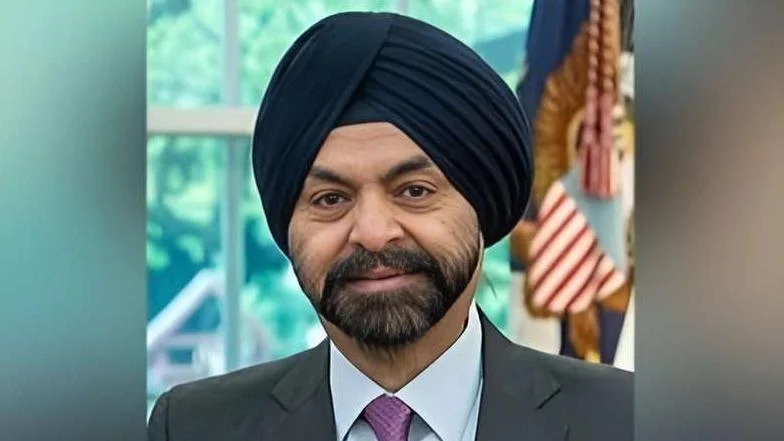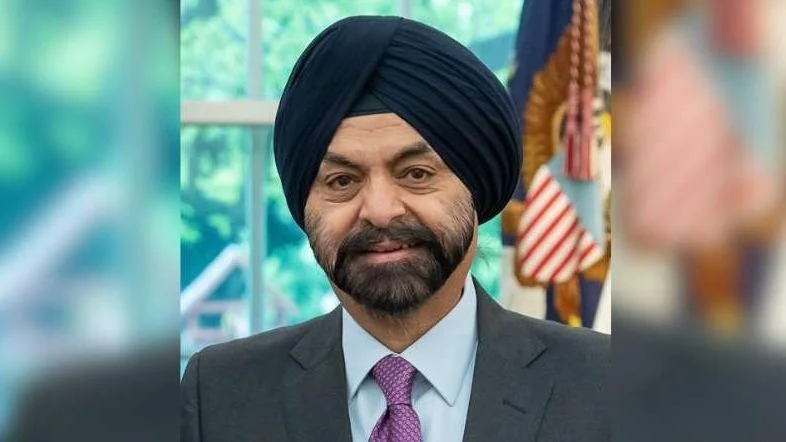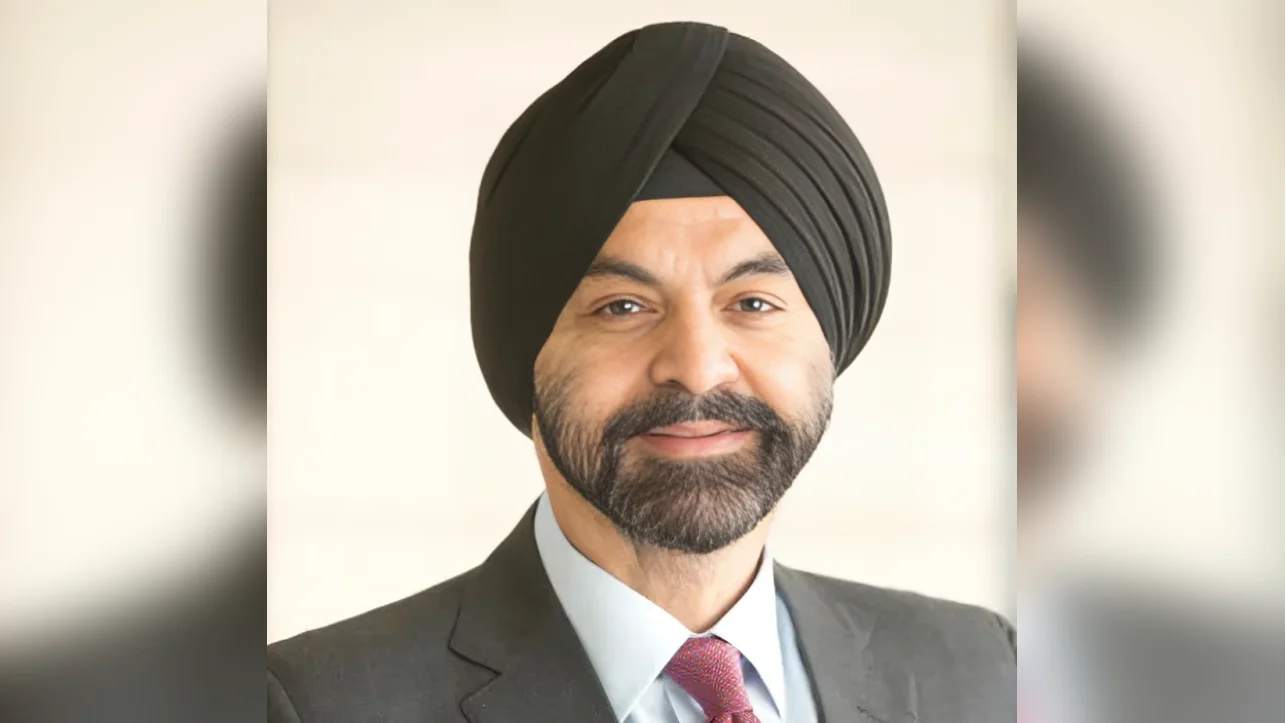The World Bank
Recent News About The World Bank
-
World Bank issues USD 6 billion bond amid volatile market
The World Bank has successfully priced a USD 6 billion benchmark bond set to mature in March 2030.
-
World Bank urges reforms in Europe & Central Asia to achieve high-income status
The World Bank has released a report emphasizing the need for middle-income countries in Europe and Central Asia to adopt robust technology, foster innovation, improve education, and enhance energy efficiency to reach high-income status.
-
Egypt strives to boost women's workforce participation amid persistent challenges
Women in Egypt constitute nearly half of the population, yet their participation in the workforce remains limited.
-
Guinea girl escapes forced marriage with help from World Bank-backed project
As the sun rises over Dogomet, a town in Guinea, children play while women engage in daily tasks.
-
World Bank forecasts steady GDP growth for Viet Nam through 2026
Viet Nam's economy is projected to experience growth of 6.8 percent in 2025 and 6.5 percent in 2026, as reported by the World Bank in its latest economic update titled "Taking Stock."
-
World Bank enhances crisis toolkit amid Caribbean leaders' advocacy
In 1980, Adolf Ratzka, a German disability rights activist, became frustrated with decisions about disabled people’s lives being made without their input.
-
Liberia aims for sustainable growth through ambitious economic transformations
Liberia, one of the world's poorest nations, faces significant challenges including high poverty rates, low human development, and inadequate sanitation.
-
World Bank suggests key reforms for sustainable growth in Liberia
The World Bank has released a new report titled "Escaping the Natural Resource Trap: Pathways to Sustainable Growth and Economic Diversification in Liberia."
-
World Bank suggests roadmap for eradicating extreme poverty in Mexico
The World Bank has released a new Poverty and Equity Report on Mexico, suggesting that the eradication of extreme poverty in the country can be achieved through targeted public policy.
-
Mexico's path to eradicating extreme poverty: Key policy recommendations
The report on poverty reduction in Mexico outlines three key policy areas necessary for eradicating extreme poverty: inclusive growth, efficient social policy, and infrastructure to address vulnerability.
-
World Bank supports Albania’s digital transformation with $80 million funding
The World Bank Group's Board of Executive Directors has approved an additional $80 million in financing to support Albania's public sector modernization and digital transformation agenda.
-
Innovation paradox challenges growth potential in Latin America
A bakery in Lima, founded in 2007, is redefining the perception of traditional industries by embracing innovation and growth.
-
Report highlights challenges for middle-income countries aiming for high-income status
Since 1990, a total of 27 countries worldwide have achieved high-income status.
-
Armenia launches RESILAND project to tackle land degradation
Armenia is facing significant challenges with land degradation, primarily affecting its forests and wetlands.
-
World Bank launches sustainable artisanal gold mining initiative
In 2023, the World Bank and the World Gold Council embarked on a collaborative effort to advance sustainable and responsible artisanal and small-scale gold mining (ASGM).
-
World Bank aids maternal health through Casa das Mães initiative in Guinea-Bissau
In the village of Mafam, Guinea-Bissau, Adama Djau faced a two-hour journey on poor roads to reach a hospital.
-
World Bank estimates Lebanon's reconstruction needs at US$11 Billion
Reconstruction and recovery needs in Lebanon following recent conflicts are estimated at $11 billion, according to a report by the World Bank.
-
IFC concludes review of CAO investigation into Bridge International Academies
The International Finance Corporation (IFC) has concluded an external review conducted by the global law firm Freshfields, examining the Compliance Advisor Ombudsman’s (CAO) investigation into IFC's investment in Bridge International Academies.
-
World Bank highlights efforts to empower women and transform communities
In the face of Haiti's enduring challenges, Roseline Jozil's resilience mirrors that of countless others striving for progress amidst adversity.
-
World Bank pledges support for economic growth in Haiti
In Haiti, individuals like Roseline Jozil exemplify resilience in the face of ongoing challenges.




















